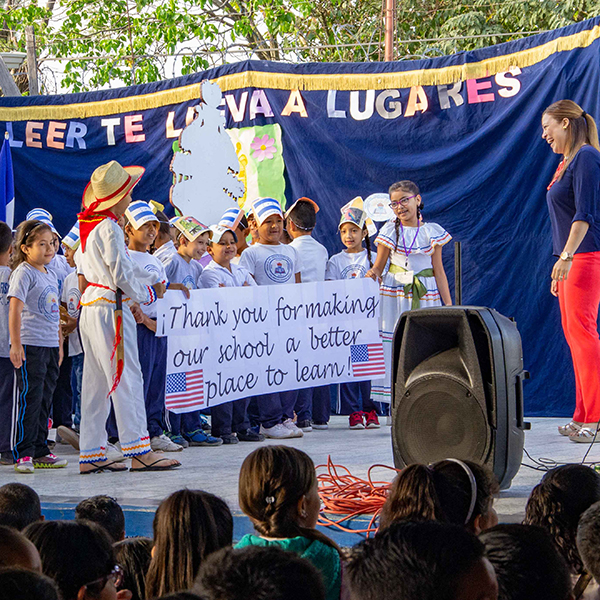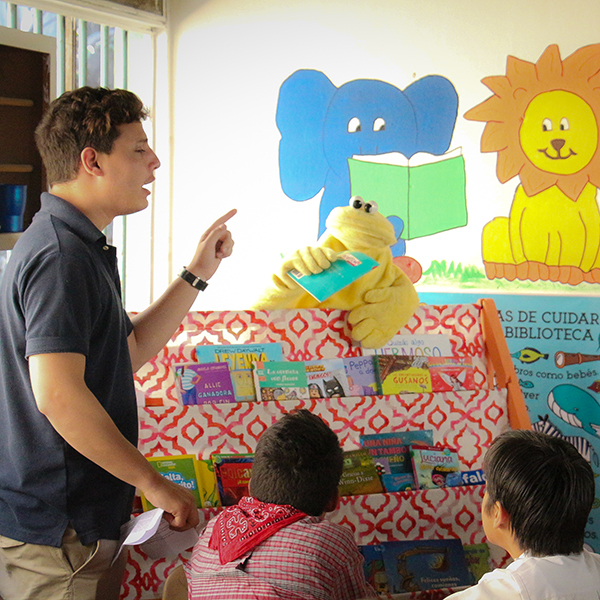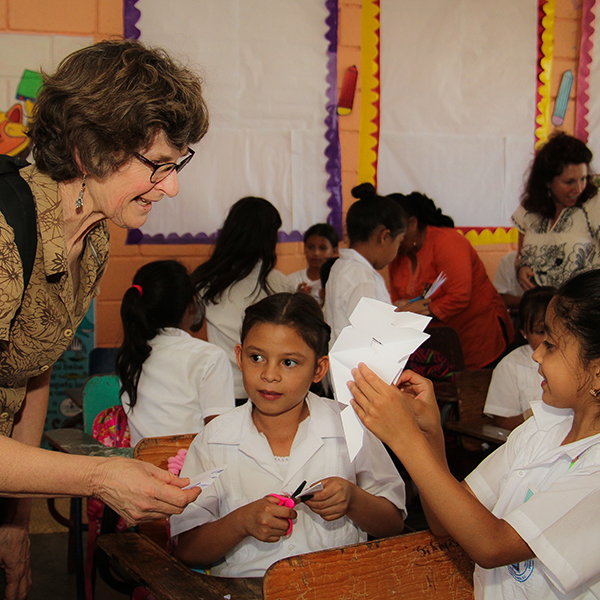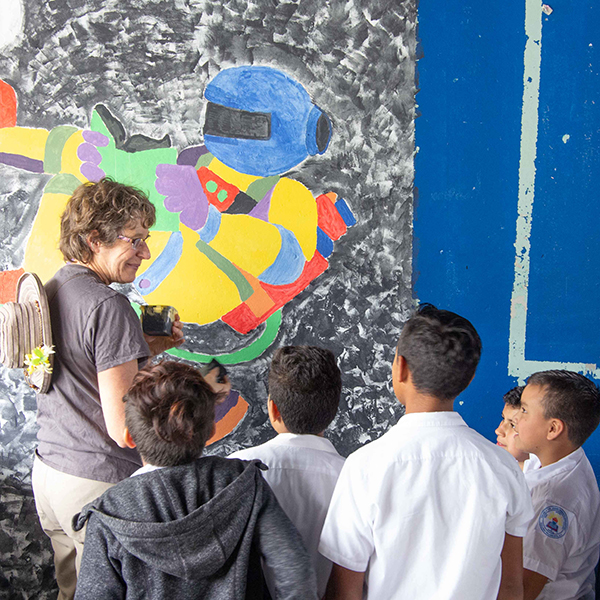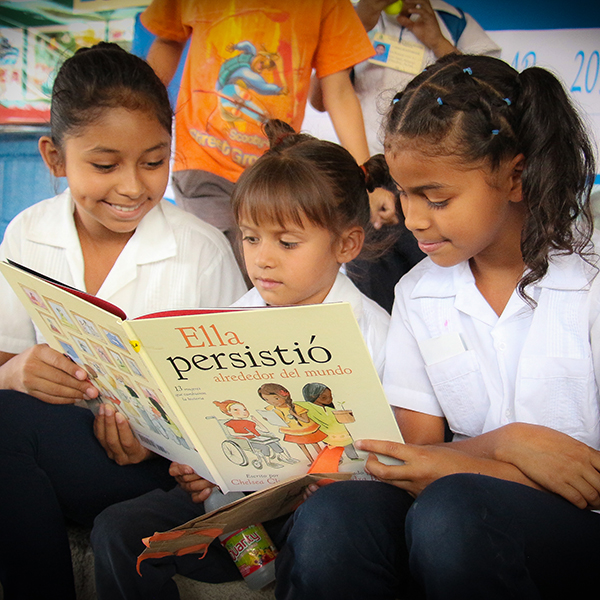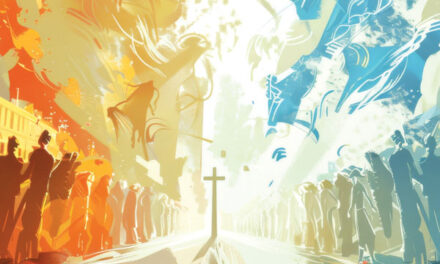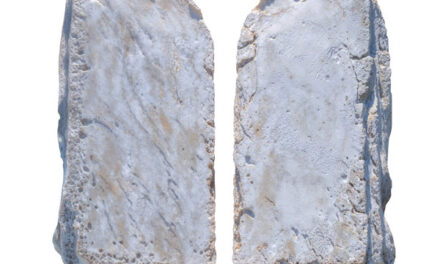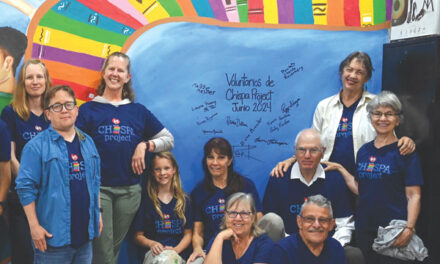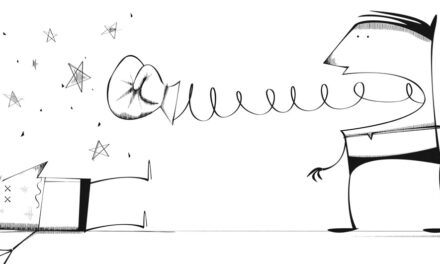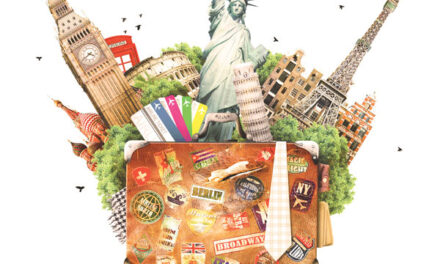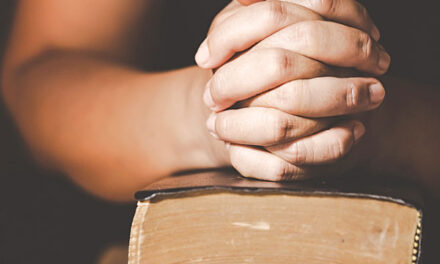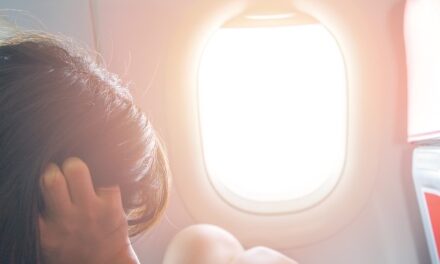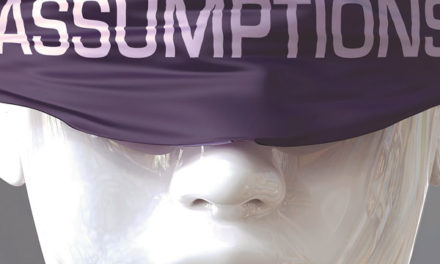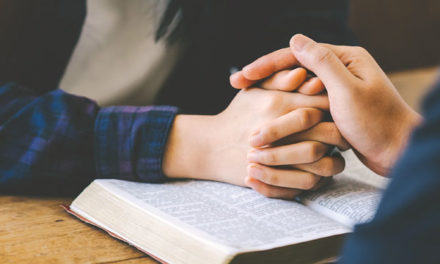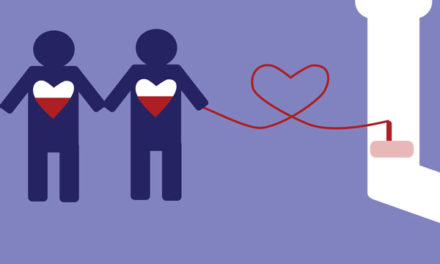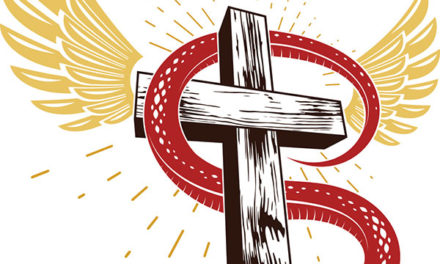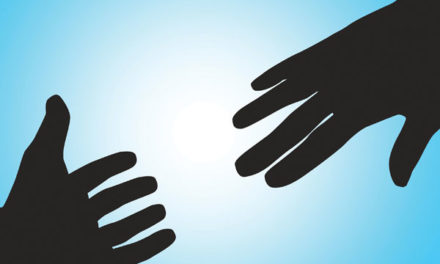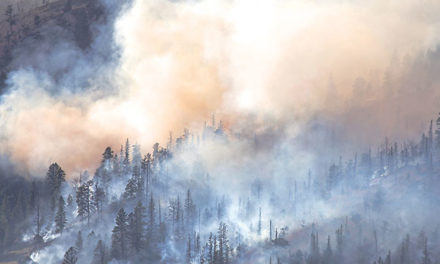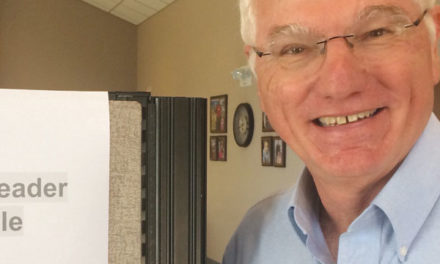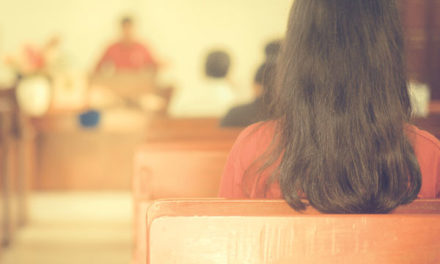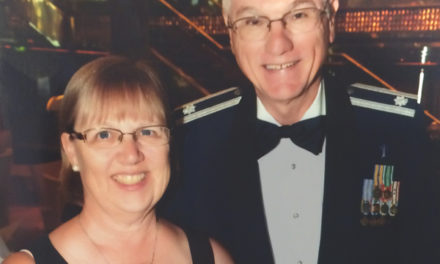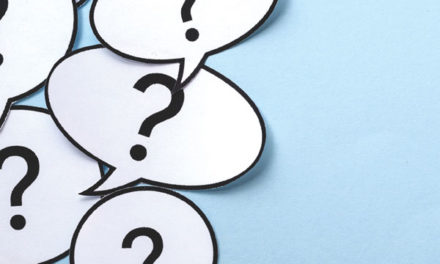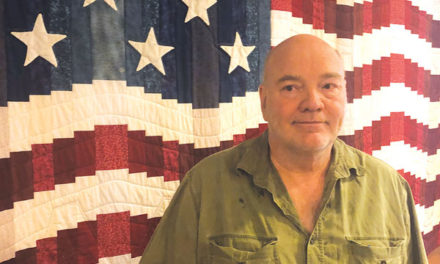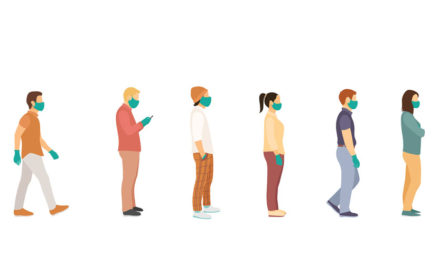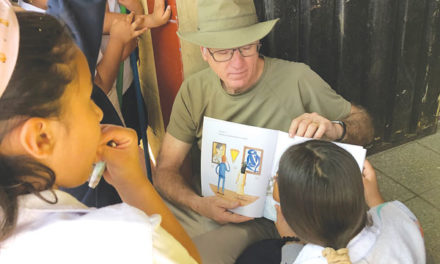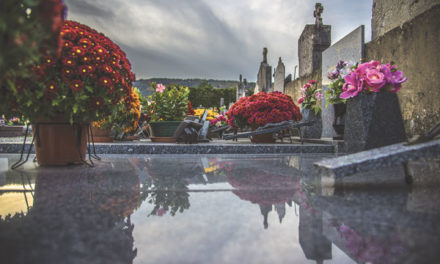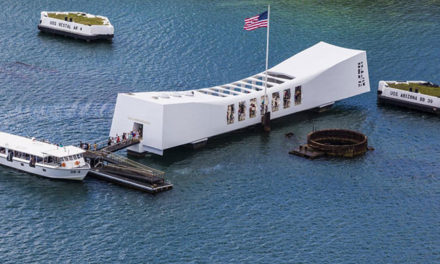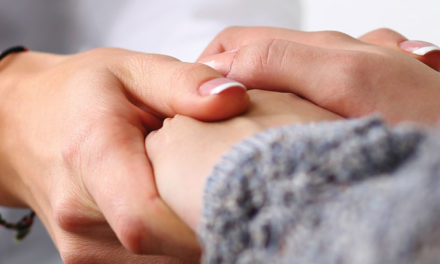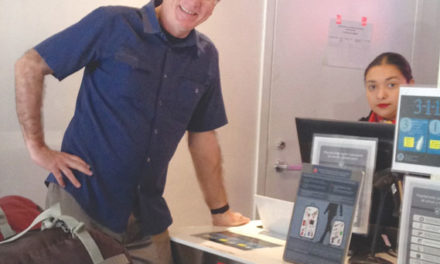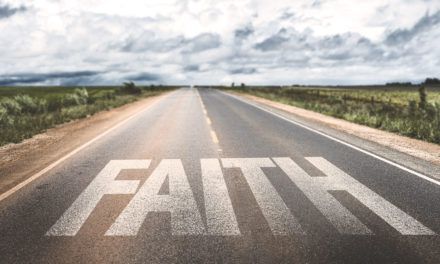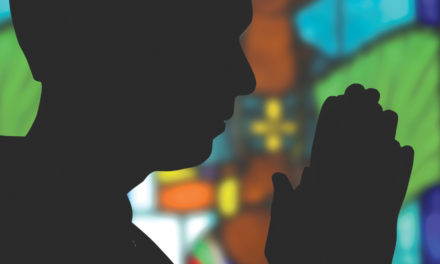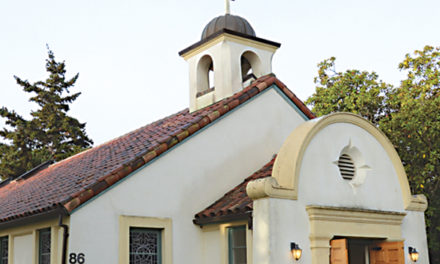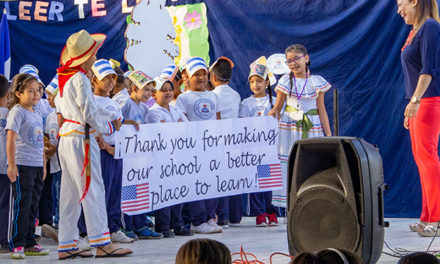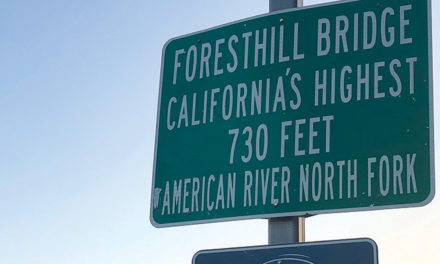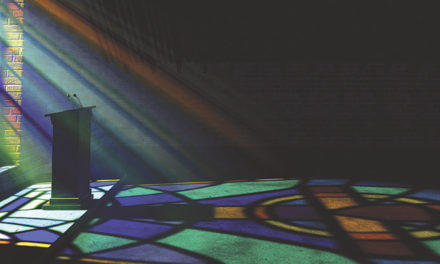Color the World with Hope
Local volunteers join effort to bring books to Honduran schools
By Norris Burkes
May 2019
Do you ever find it helpful in risky situations to disregard worrisome thoughts and push yourself past tragedy, pain and danger?
Some call that approach denial. I call it “exactly what I need” as I rendezvous with 13 library volunteers at the airport in Tegucigalpa, Honduras.
The group arrives on a humid Sunday afternoon in response to an invitation I extended in my column last year. Most hail from Missouri, South Carolina and Alabama, but two of the women—Lisa Dobeck and Terri Young—are from the Sacramento area.
This chipper group of volunteers unites to help Chispa Project, a nonprofit charity started by my daughter Sara Burkes. Chispa (pronounced cheez-pah) is Spanish for spark and highlights the motivational “spark” necessary to implement sustainable change in Honduran education.
Chispa’s mission is simple: start children’s libraries and fill them with quality books in Spanish. Accomplishing the mission is also simple: donate children’s books, coach local teachers in creative reading strategies and sponsor international-volunteer projects to Honduras.
Our first hours in the country find us on a bus to a rural retreat center run by a Presbyterian cadre of Honduran women. Upon arrival, camp administrators show us to five rooms with bunk beds, where I can’t help but feel I’m at church camp. But I also can’t help but feel pride in my group. These well-seasoned travelers are fully aware of why this project shouldn’t work.
Murders occur so frequently here that the Peace Corps pulled out in 2012. The traffic is horrendous. Motorcycles dart in front of cars like stray dogs and overloaded trucks menace the roadway. Roadside-trash buildup is stifling.
Education is so grossly underfunded that school staff must ration toilet tissue. Language and cultural differences raise the bar discouragingly high. But hope keeps us in denial and we press on.
We wake Monday to board our bus to Maradiaga School. During the drive, Terri Young, a 64-year-old semi-retired bookkeeper from West Sacramento, takes a moment to share her motivation for volunteering.
“I was feeling frustrated listening to news stories about what was going on in our world. I asked myself, ‘What could I do? What tiny step could I make toward becoming a part, a very small part, of a positive solution?’”
We begin that “tiny step” an hour later when a school guard admits us into a walled compound. My daughter gathers the group to explain how each teacher will receive a portable library that will rotate among classrooms every month. But first, we must prepare reading corners appropriate for these new books.
Our group scatters to survey classrooms and divide project pieces among us. The work begins when we power-up two projectors that splash mural outlines onto corner sections of the walls. Young starts her “small part” as she pencil-traces the image. Behind her, a few other volunteers dip paintbrushes into bright primary colors that will bring inspirational book characters to life.
Meanwhile, 57-year-old Caltrans chemist Lisa Dobeck tries to cross the noisy breezeway toward an adjoining classroom. Suddenly she’s surrounded by children giving her such rapid hugs that they delay simple movement. They smile with unrehearsed gratitude. Theirs are broad, cheeky smiles that go for miles and miles.
The first two days pass slowly with the tedious task of taking inventory, coding each book with a sticker and packing the portable libraries into plastic tubs. Still our group remains focused.
On Wednesday, the school suspends classes so my daughter can train teachers in methods that will encourage students to read books. Sara demonstrates her methods by reading Drew Daywalt’s “The Day the Crayons Quit” to the faculty.
Dobeck identifies this grassroots training as what first appealed to her. “Chispa places the books in the hands of the children. Then the teachers are trained and supported for the next year to ensure the program runs smoothly.”
During the last two days, Chispa hosts a library inauguration, a sort of all-day birthday party where children rotate among classrooms for hands-on fun with puppets, experiments and storytelling.
In one classroom, Young helps students cut snowflakes from folded paper while the teacher reads aloud from a book about penguins.
Dobeck demonstrates science experiments, watching a fourth-grader carefully turn the pages of a science book. There’s a break in her voice as she tells me later, “Many Hondurans are proud of their country. They want to make a living wage, raise a family. They don’t want to migrate. Books broaden their world, open their eyes and let them travel to many different times and places.”
As the week draws to a close, everyone gathers in the courtyard where children dazzle us with a cultural dance in swirling dress. They unfurl a banner spelling out their gratitude: “Thank you for making our school a better place to learn.” The banner is bracketed with two U.S. flags.
Why do we make this trip? Deny our fears and push against the worrisome odds?
Dobeck suggests that, “You never know how touching someone’s life will change them, but you do the right thing because that’s what your heart tells you to do.”
She adds a benedictory thought as she considers the colorful murals we have painted. “These children have no idea the life they will lead outside the school walls, nor would I want them to know. All that matters now is that they can be a kid, sit on the floor and read a book. ‘Peppa the Pig’ won’t save them, but who knows where she may lead them.”
Join the Chispa Project for the 2020 trip March 8–15. To donate, visit chispaproject.org/thechaplain or send a check to 10566 Combie Road, Suite 6643, Auburn, Calif., 95602.
Norris Burkes can be reached at comment@thechaplain.net.



